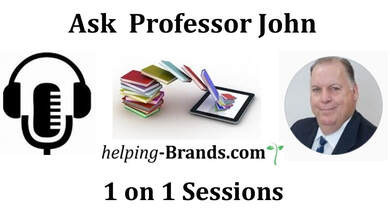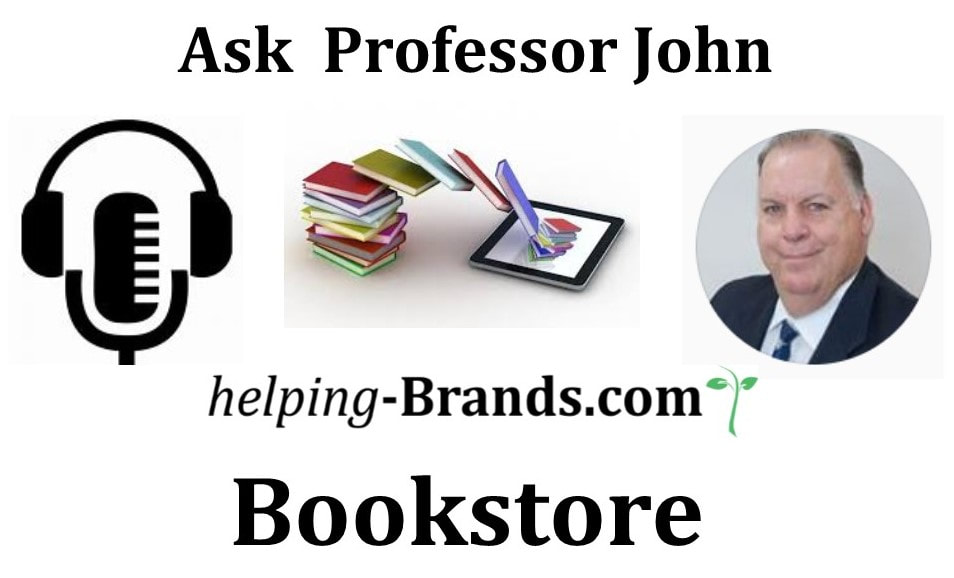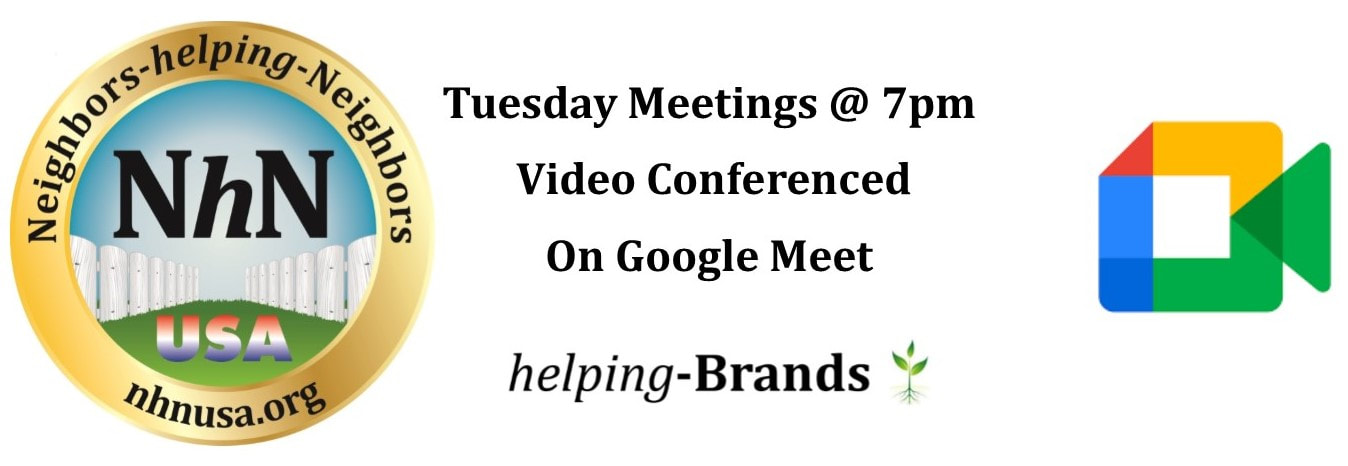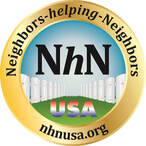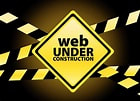InterviewingInterviewing video conferencing/zoom/skype, on phone or in person |
|
Here are five warning signs to watch out for during an interview, along with examples and what they might reveal about the job:
1. Disinterested or Distracted InterviewerExample: The interviewer is constantly checking their phone, glancing at the clock, or seems unengaged. What it reveals: This could indicate that the company does not value your time or is not genuinely interested in your potential contribution. It might also suggest a disorganized or unprofessional work environment 2. Lack of PreparationExample: The interviewer has not reviewed your resume or seems unfamiliar with your background. What it reveals: This may suggest that the company is disorganized or does not take the hiring process seriously. It could also indicate a lack of respect for potential employees 3. Negative Comments About Current or Former EmployeesExample: The interviewer gossips about current or former employees or makes negative comments about them. What it reveals: This could be a sign of a toxic work culture where employees are not valued or respected. It might also indicate poor management practices 4. Vague or Confusing Job DescriptionsExample: The interviewer provides unclear or inconsistent information about the role or the company. What it reveals: This may suggest a lack of transparency or a disorganized work environment. It could also indicate that the company has not clearly defined the role or its expectations 5. Unprofessional BehaviorExample: The interviewer arrives late, uses inappropriate language, or makes discriminatory comments. What it reveals: This behavior can indicate a toxic work environment or a lack of respect for employees. It might also suggest that the company does not prioritize professionalism or employee well-being How to Prepare to Spot These Red Flags
Here are some tips for interviewing:
Prepare: Research the company and industry, and prepare answers to common questions.
Today a company or hiring manager will most likely get their first impression of you from your LinkedIn profile, your resume and results from a google search of your name, what we call your digital footprint. But finally being invited to an in person interview is when you will fully connect with that hiring manager for the job.
The manager is looking for you to be fully qualified an also a " fit" for their company, your manager and your coworkers. Once you have been selected for a first job interview, either in person or via video conferencing, it's important to be prepared properly. That means practicing interview questions and answers, dressing in appropriate interview attire, and, after the interview, sending thank you letters to your interviewers. Researching the company and the people you will meet with is also very important. YouTube/Indeed Video: Interview Q: "What Makes you a good candidate for the Position?"Prepare for your interview with most common Questions
accomplishment-you-are-most-proud-of
Interviewing ArticlesJob Interview Guide
Video Interviewing42 % of first round interviews are video sessions. WSJ article
10 Tips to Ace a Video Interview 10 Tips For Not Screwing Up Your Video Interview Phone InterviewingIn Person InterviewingInterview process Interviewing with McKinsey allows:
www.mckinsey.com/careers/interviewing
What you can expect in the interviews While there is slight variation across some offices or roles, there are typically three elements to our assessment process:
Complete Guide to Dominating the Interview and Landing Your Dream Job
Valuable insight from recruiting and human resource pros in some of the country’s top companies. This guide provides direction for candidates by breaking down the interview prep work into three stages – before, during, and after. GoodCall’s comprehensive guide provides specific categories for each stage along with some actionable advice and examples. The guide can be found here: |
| ||||||||||||||||||||
Interviewing on Skype
Video Interviews

Interviewing Software
Experts Interviewing advice on YouTube
more Articles on Interviewing

More articles on Interviewing
|
|
Here are some simple notes on preparing for an interview that would be useful:
Every job interview is different -- but some general principles can guide you in just about any interview, for any job. When you're talking about yourself and your experience, keep the following six points in mind. 1. Be the Solution Companies fill or create positions because they have problems they want to solve -- for instance, ineffective advertising or long customer-service lines. So prepare for an interview by identifying the problems hinted at in the job ad (if there's no job ad, research the company and industry) and then preparing examples of how you'll solve those problems -- and how you've solved similar problems in the past. Practice telling stories about specific results you've achieved. And if you're changing careers, keep in mind that many problems -- such as a lack of effective project management or a breakdown of teamwork -- are not industry-specific. Offering solutions to these problems is a great way to overcome a lack of directly applicable experience. 2. Be Specific Avoid empty cliches. Be prepared to back up your claims about your skills or characteristics with relevant and specific stories. For example, don't just say you "work well with others" -- talk about the types of teams you've worked with and what you've learned from them. Or if you plan to say you're "detail-oriented," come to the interview prepared with a story about how your attention to detail saved a former employer money (or otherwise saved the day). 3. Prepare Sound Bites Prepare three or four effective sound bites that highlight your skills and past successes. A sound bite is succinct and direct, so it's catchy and easy to remember -- for example, "I've designed logos for three Fortune 500 companies" or "My efficiency plan decreased product-delivery times by 15 percent without costing the company a cent." When you're coming up with your sound bites, ask yourself, "What were my greatest achievements at my most recent job?" and "What sets me apart from other candidates?" 4. Prepare to Talk About Your Resume Your resume and cover letter will likely form an outline for at least part of your interview. Because a resume has to be brief, it probably says many things that could be elaborated on or explained in more detail. Often a resume explains the "what" (for instance, "supervised two people"). Use the interview to talk about the "how," as well as skills you gained, praise you received and so on. 5. Be Aware of Nonverbal Communication You "say" a lot about yourself with nonverbal language: your posture and your facial expressions, for instance. Sit up straight -- leaning forward can make you seem closed off, as can holding a briefcase or purse in your lap. Maintain eye contact when answering questions, and smile frequently. Also, practice your handshake with a friend: An overly aggressive handshake can be as off-putting as a limp one. 6. Be Positive Avoid complaining about a former employer or laying blame at a former manager's feet -- doing so will likely make you seem difficult to work with (or just disloyal). Even if you quit your last job in a rage because you had an incompetent manager, saying something like "I felt I was ready for a more challenging position -- like this one seems to be" turns a potentially interview-killing situation into something that makes you look very attractive to a hiring manager. Five Questions to Always Ask on an Interview
These five questions go beyond the obvious ones, such as the title of the job, the job description, to whom it would be reporting, and other such basic questions. In fact, it's unlikely you'll even need to ask those questions, as they're usually outlined for you. With some preparation and thought, you should be able to easily come up with 15 - 20 first-interview questions to ask. But these five - in some form - should always be asked. Not only will they help you to ascertain if the job for which you are interviewing meets the criterion of your perfect job, but the answers, when put together, will give you a fairly accurate picture of what's really going on behind the interview. 1. What are the priorities that will need to be addressed immediately in this position? A title alone tells you nothing. The job description won't reveal much either, except whether or not you're capable of doing what's required functionally on a daily basis. For the same reason that you put your accomplishments on your resume - and not just the job description - here, too, you want to get a sense of the individuality of this job in this company. Was everything left running smoothly? Is it pretty much picking up and continuing daily functions as normal? Or is there damage control that needs to be done? If so, is there a time line for the repair, and is it an achievable one considering your capabilities? Is it realistic regardless of who holds the position? If you don't have any information, this will begin to clue you in about both the supervisor and the previous employee. If you have been provided with some detail already, then the answer should track with what you've already learned. 2. How long was the previous person here? Why did they leave? Generally, in answering the first part, the interviewer will answer the second part as well. But if they don't, then ask it. And if that person was there an oddly short time, you also want to know how long the person before that was there. See where I'm going with this? If the job is in disarray, and the last two people were there a short period of time and were fired, you don't need to ask any of the other questions here. Exit gracefully and then run! Because before long, you, too, will be terminated for not achieving whatever it is they want done - regardless of if the stated time frame sounded realistic or not. 3. Tell me about your management style. How do you bring out the best in your employees? Is he a micro manager? Is he an information hound that needs to be kept informed of everything? Does he leave people alone to do what he hired them for and simply keep on top of what's going on? Does he help you if you have trouble? Do any mentoring? Or is he a berating, derogatory, jerk? 3.Obviously he's not going to come right out and tell you he's a micro manager! Instead he might say, "I like to keep a very close watch on what's going on in my department," or "I visit with each member of my department on a daily basis to make sure they're staying on track," or something similar. You'll find that the person will be fairly straightforward in sharing their management style with you. What you want to pay attention to is how they word it. 4. What types of people tend to excel here? Workaholics? Ones who are self-motivated and manage themselves well? People who work well in teams or committees? Employees who keep their supervisor informed of "where they are with things" on a daily basis? This tells you something about the pervasive culture in the company or department. Generally speaking, companies - or departments - tend to be made up of similar types of people that are in harmony with the company culture and philosophy. An entrepreneurial person won't function well in a committee environment. While sales personalities can vary greatly, the top achievers are goal driven and motivated to achieve, rather than complacent. People who are accustomed to thinking for themselves will find themselves chafing in a company that has a more dictatorial style, while those who perform better when they're told what to do will find themselves adrift in a company that requires its employees to think for themselves. 5. How long have you been here? Why do you stay? The answer to this question will give you an indication as to the feeling or health of the department or company. The way in which he answers the question will also give you additional insight into your potential boss, his management style, and what type of people excel in the department or company. These are informational questions, not challenges. Be genuinely interested in the answer, because you're gaining valuable information that has to do with your future. When you leave the interview and process it within yourself, you'll be matching what you learned with what you are looking for. Pay attention to the interviewer's body language and facial expressions. Is he relaxed? Does he fill in some of the spaces? Does he speak TO you - or AT you? Does he answer the question briefly and then quickly fire off another one? These, too, are valuable cues, and after the interview, you'll need to piece them together with the verbal information you received. Your perfect job might land in your lap by grace and good fortune. But more likely, you'll need to look for it. It's there - but to recognize it, you'll need to know what it doesn't look like, as well as what it does. - Judi Perkins Prepared for NhN by Jacque Weiss. SPHR NhN Advisor Council - Former Board Member Experienced HR Professional [email protected] http://www.linkedin.com/in/jacquelynndnweiss Be prepared to answer the Weakness Question with a Story
As we are all human, we all have strengths and weaknesses; acknowledging them shows integrity and strength. When you’re asked in an interview about your weaknesses, it’s not the weakness that’s most important- it’s whether you are aware of your weaknesses and what you do about them. When answering this question, be clear, concise, and brief. Don’t overstate things, ramble, repeat yourself, become defensive, or explain too much. A good strategy for answering the greatest-weakness question is to state a weakness and then talk about how you are remediating the problem. Use a story to differentiate your answer and provide compelling support that you are working on the problem. For example: “My greatest weakness is that I tend to focus on the big picture and at times I miss details, but I’m working on fixing this weakness. Let me give you an example of how this weakness has affected me in the past and how I’m working on it today.…” A tip: When you’re responding to this question, never choose a weakness related to the critical requirements of the job. If you’re going for an accounting position, don’t talk about weaknesses in detail-oriented work. By the way, telling a story works for thegreatest-strengths question as well! Telling Stories Will Fix Your Interview Interviewers will understand your skills, background, and experience better when they are presented in the form of stories. (In fact, sometimes they will have trouble understanding them when they aren’t presented as stories.) Using stories, you will cut through the overwhelming number of facts and opinions that interviewers are hearing in every interview. You’ll tap into emotions and get hiring managers to hire you. Through your stories, you’ll communicate your brand, be more memorable, and be more charismatic- all interview-winning factors. |
